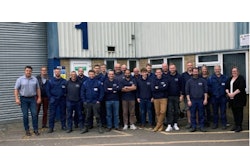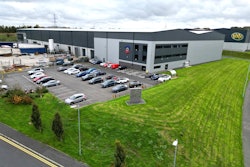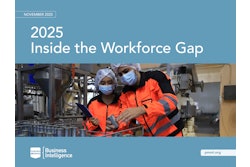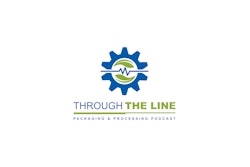 | Watch the full interview at ProFood World for more insights on total cost of ownership in food production. |
Greg Flickinger: A different company that I was with, we wanted to automate a manual pouch filling operation. So we told the team that we wanted to do this, and we're going to move it across other facilities as well. But we started with one, and we went to the finance team with our options, and unfortunately, like I told you before, they pointed at the cheapest one and said, "Do that one." And they wouldn't budge.
No matter what we did, they wouldn't allow us to buy a high quality, purpose built piece of equipment. We could only buy a very inexpensive bargain equipment. And we bought two. So we bought these two baggers. And the whole intent was, we felt that any form of automation will be a distinct improvement from where we were, so we felt like we're going to win anyway. We'll buy the core, we'll make all the modifications, we'll make the adjustments, and we'll be incrementally better. So that was that was the intent and probably the mistake.
But the equipment came in. We spent many, many, many months just working on it, and honestly, Bryan, the equipment was such poor quality that it failed miserably, and at the end of the day, we ended up dispositioning the equipment. I don't even think we could sell it. Literally, we had to scrap it. So it was a financial just horror story.
But Bryan, it's worse than that, because the team was excited, and then when this started happening, they became very frustrated, and then at the end, they felt like they're being punished. And here you've got the manual process outrunning this equipment that couldn't, couldn't maintain uptime, and all the other problems. And so, I mean, we lost trust with the team, a little bit of trust, and we had to rebuild it.
But Bryan, to me, that is the classic example of TCO gone wrong or not used effectively. And if I were to do it all over again, based on what I told you, I would dig my heels in and just say, "Look, we are not automating until we're able to make the right decision for the team and company." I'm not going to go into like a bargain equipment and feel like, yeah, we're going to get better. It doesn't work.




















